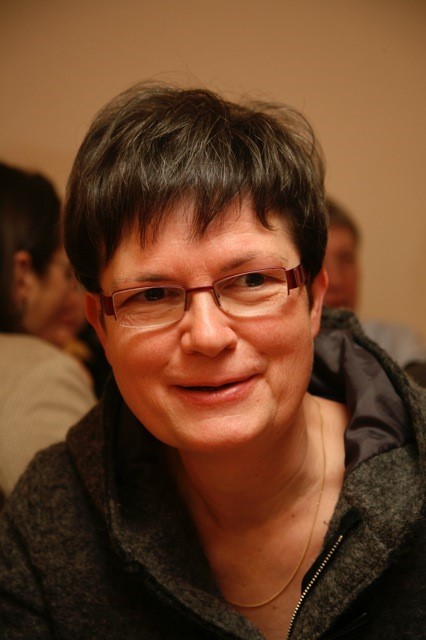EPPSP
The European Parliament Platform for Secularism in Politics is a cross party working group of Members of the European Parliament. The Platform addresses issues relating to the relationship between religion, philosophical convictions and politics. The EPPSP organises public meetings on a regular basis in order to discuss a wide range of policy issues, such as education, sexual and reproductive health and rights (SRHR), development aid, research and ethics, freedom of speech, LGBTI rights and women's rights. Representatives from both civil society and the EU institutions play an active role in the debates and initiatives coming out of the Platform.
REPORT by Didier Vanhoutte
 It is to be noted that, on the very day before the meeting took place, we received a message from Sophie in’t Veld’s office to inform us there were changes in the planned list of contributors. We had had no news on the subject for days, but there seemed to be problems, since important names disappeared, such as Caroline Fourest’s, a well-known French advocate of secularism, and that of a representative of UOIF, a prominent French conservative Muslim network…
It is to be noted that, on the very day before the meeting took place, we received a message from Sophie in’t Veld’s office to inform us there were changes in the planned list of contributors. We had had no news on the subject for days, but there seemed to be problems, since important names disappeared, such as Caroline Fourest’s, a well-known French advocate of secularism, and that of a representative of UOIF, a prominent French conservative Muslim network…
The members of EPPSP Advisory Board had also received an invitation from one or two of its members to meet at London Tavern before the general meeting, place du Luxembourg, just in front of the main entrance to the Parliament building. I had of course agreed, and immediately invited Sylvie Kempgens to join us, which she readily accepted.
Après la rencontre du 25 février 2015 au Parlement Européen
 J'ai pris part ce 25 février dans les locaux du Parlement européen à Bruxelles à une conférence-débat sur "Liberté d'expression : le droit au blasphème ?", organisée par deux eurodéputées : Sophie in't Veld (NL) et Virginie Rozière (FR), qui co-président la Plateforme du Parlement européen pour la laïcité en politique (EPPSP).
J'ai pris part ce 25 février dans les locaux du Parlement européen à Bruxelles à une conférence-débat sur "Liberté d'expression : le droit au blasphème ?", organisée par deux eurodéputées : Sophie in't Veld (NL) et Virginie Rozière (FR), qui co-président la Plateforme du Parlement européen pour la laïcité en politique (EPPSP).
Le panel ne correspondait pas à ce qui était initialement annoncé, mais les intervenants étaient bien choisis et intéressants. Pour une raison inconnue, Sophie in't Veld a modifié l'horaire en offrant une possibilité de questions/ réponses et de débat avant que les représentants des religions puissent s'exprimer, ce qui a vraiment donné l'impression de reléguer ces derniers au second plan. Mais, une fois qu'ils ont eu la parole, ils ont donné du souffle et de la richesse spirituelle à l'événement : divine surprise, donc !
Malheureusement, malgré les invitations lancées par les organisatrices, aucun intervenant musulman n'était présent...
Il s'agissait donc de réfléchir à la liberté d'expression : que signifie-t-elle ? Comment la défendre ? Va-t-elle jusqu'au droit au blasphème ?
